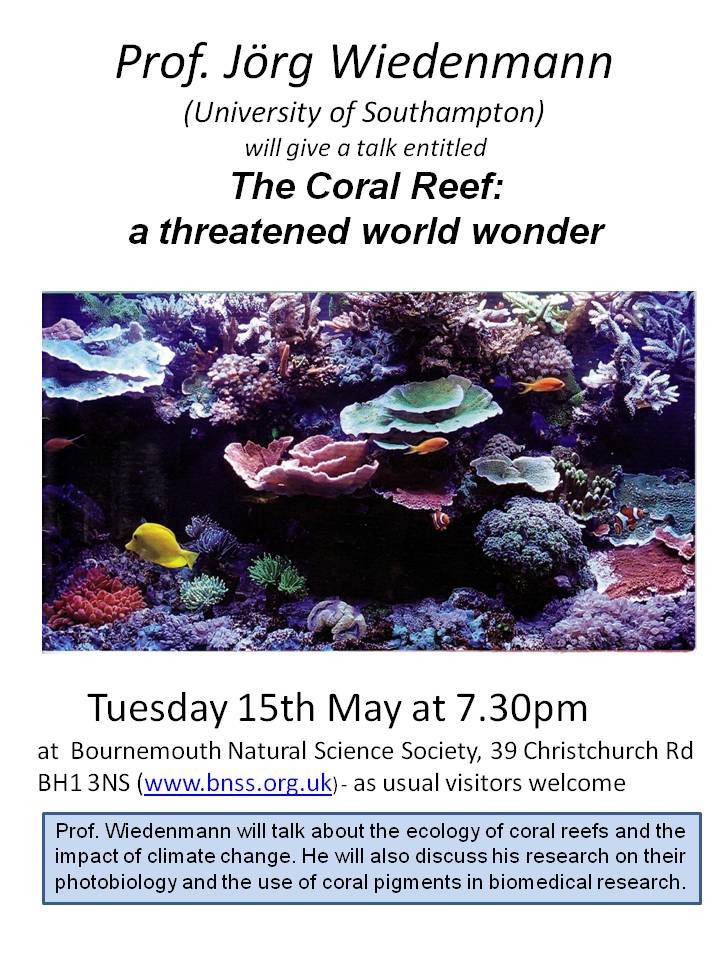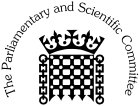 Special training fellowship in biomedical informatics (computational biology, neuroinformatics and health informatics)
Special training fellowship in biomedical informatics (computational biology, neuroinformatics and health informatics)
The MRC has identified the application of informatics as an area of strategic importance to health and medical research. This special training fellowship is aimed at developing outstanding individuals who are seeking to move into the application of mathematical, statistical and computational methods to biomedical and health research problems.
The MRC is keen to support individuals with a clear ambition for their research and a strong and practical sense of how they develop their careers as leading biomedical scientists and informaticians. The special fellowship is awarded at the post-doctoral entry level only and all proposals must include a well-specified formal training element in addition to a research project. The award commonly provides 3 years support and the opportunity to enhance the research training through placement in an overseas research centre, a second UK research centre or in UK industry.
The MRC expect to make up to five awards a year.
Who can apply?
The fellowships are aimed at those with non-biological, biological, non-clinical or clinical backgrounds who wish to undertake training and research in biomedical informatics. This is a prestigious fellowship; therefore applicants are expected to demonstrate an excellent track-record relative to their time in research.
Applications are particularly encouraged from those with advanced training in the physical or mathematical sciences or in information technology, who wish to apply their expertise to biomedical problems. In particular, applications are encouraged in imaging informatics.
Applicants should hold either a PhD or DPhil in a relevant discipline or expect to do so by the time they intend to take up the award. Medical or dental applicants holding a PhD can apply at any stage in their careers from immediately post-registration up to specialist registrar grade or be at the equivalent level in general practice or dentistry. The majority of successful applicants are within six years of the completion of their PhD but this is not an absolute requirement.
Post-doctoral applicants have no residential restrictions and may come from any country. If you are invited to interview by the biomedical informatics training and career development panel, you would be expected to demonstrate a commitment to the UK research effort in the area of biomedical informatics beyond the period of a special training fellowship award.
What funding is provided?
An MRC special research training fellowship in biomedical informatics is usually awarded for three years or occasionally up to four years when there is special justification.
The fellowship provides the fellow’s personal salary, research training support costs, annual travel costs, and all other relevant costs under Full Economic Costs (see the guidance notes for completing the application form and the form itself for more details). Salaries for clinical applicants will be payable up to, but not including, NHS consultant level. In addition, a small amount of salary can be requested for supervision but this should be appropriately restricted.
Where the fellowship includes attendance on a formal course leading to a Masters degree, or parts of a taught course, course fees may be requested. All applications must include an appropriate taught training component.
Overseas/Second UK Centre/UK Industrial Training Period
The special research training fellowship in biomedical informatics provides the opportunity to spend time in an overseas research centre, a second UK research centre or UK industrial centre in year two or three of the award. The aim of this training component is to provide a concentrated period of training that cannot be achieved as effectively within the academic host institution. MRC would normally expect this training component to be a single visit lasting up to 12 months. However, the assessment panel may agree to requests for visits to more than one centre, if this can be justified on the grounds of training needs. These should not be simply collaborative visits but applicants are encouraged to consider this opportunity by the assessment panel. You should be prepared at interview to discuss in detail any visits proposed.
Deadlines and submission details
The MRC special research training fellowship in biomedical informatics competition is held once a year. There is no need to submit an outline application.
Please see fellowship deadlines dates for application deadlines.
Closing date: 19 September 2012
Short listing: January 2013
Interviews: 27 – 28 February and 1 March 2013
Take up dates: April – September 2013
Please apply for the Special Training Fellowship using the RCUK Je-S application system. Your proposal must be submitted through the MRC Je-S system by 4pm on the relevant Fellowhip Application deadline date.
The RKE Operations team can help you with your application.
Completion of specialist clinical training
If you are medically and dentally qualified and have not already completed your specialist or vocational training, you should have a clear idea of your plans for doing so at the time of application. Applicants wishing to pursue specialist or vocational training must consult their Postgraduate Medical Dean, Regional Advisor in General Practice, and Royal College prior to submitting the fellowship application to find out if the research may be acceptable as training towards the Certificate of Completion of Training. Enquiries and subsequent applications to the relevant body should be made in consultation with the prospective head of department.
Flexibility
The MRC tries to operate this scheme as flexibly as possible. As part of the MRC’s equal opportunities policy, consideration will be given to applicants who are returning to science following a career break. There are no age limits for any of our schemes and all fellowships may be held part-time to fit in with domestic responsibilities.
The MRC recognises the challenges faced by clinicians in combining research training with the demands of a clinical career. MRC therefore allow up to 20 per cent of fellows’ time for NHS sessions.
Alternatively, Fellows may spend up to six hours a week on other work such as teaching or demonstrating. The payment for this work may be retained in full if this is the host institution’s normal policy. Fellows may seek other research grants to be held concurrently with their award during its last six months only. However, they may not exceed the permitted time for other work on research grants.
Please see fellowship terms and conditions for further details.
Applications for further fellowship support
MRC special research training fellows who wish to consolidate their research skills and make the transition from post-doctoral research and training to become independent investigators are eligible to compete for an MRC clinician scientist fellowship (medical/dental graduates, nurses, midwives and members of the allied health professions) or, an MRC career development award (non-clinical scientists).
Guidance for applicants
For further information please refer to MRC’s contacts page.

 Who can apply
Who can apply





 On Monday 12th March SET for BRITAIN will hold a poster exhibition and reception in the House of Commons Terrace Marquee during National Science and Engineering Week. The exhibition will be of posters submitted by applicants to the SET for BRITAIN competition. The closing date for entries is Saturday 24 December 2011. There will be an initial selection by the judges and applicants will be informed by the end of January 2012 whether their application to take part in the exhibition has been successful.
On Monday 12th March SET for BRITAIN will hold a poster exhibition and reception in the House of Commons Terrace Marquee during National Science and Engineering Week. The exhibition will be of posters submitted by applicants to the SET for BRITAIN competition. The closing date for entries is Saturday 24 December 2011. There will be an initial selection by the judges and applicants will be informed by the end of January 2012 whether their application to take part in the exhibition has been successful.










 ESRC Festival of Social Science 2024 Open Call – Deadline for Applications Thursday 16 May
ESRC Festival of Social Science 2024 Open Call – Deadline for Applications Thursday 16 May We can help promote your public engagement event or activity
We can help promote your public engagement event or activity Horizon Europe News – December 2023
Horizon Europe News – December 2023